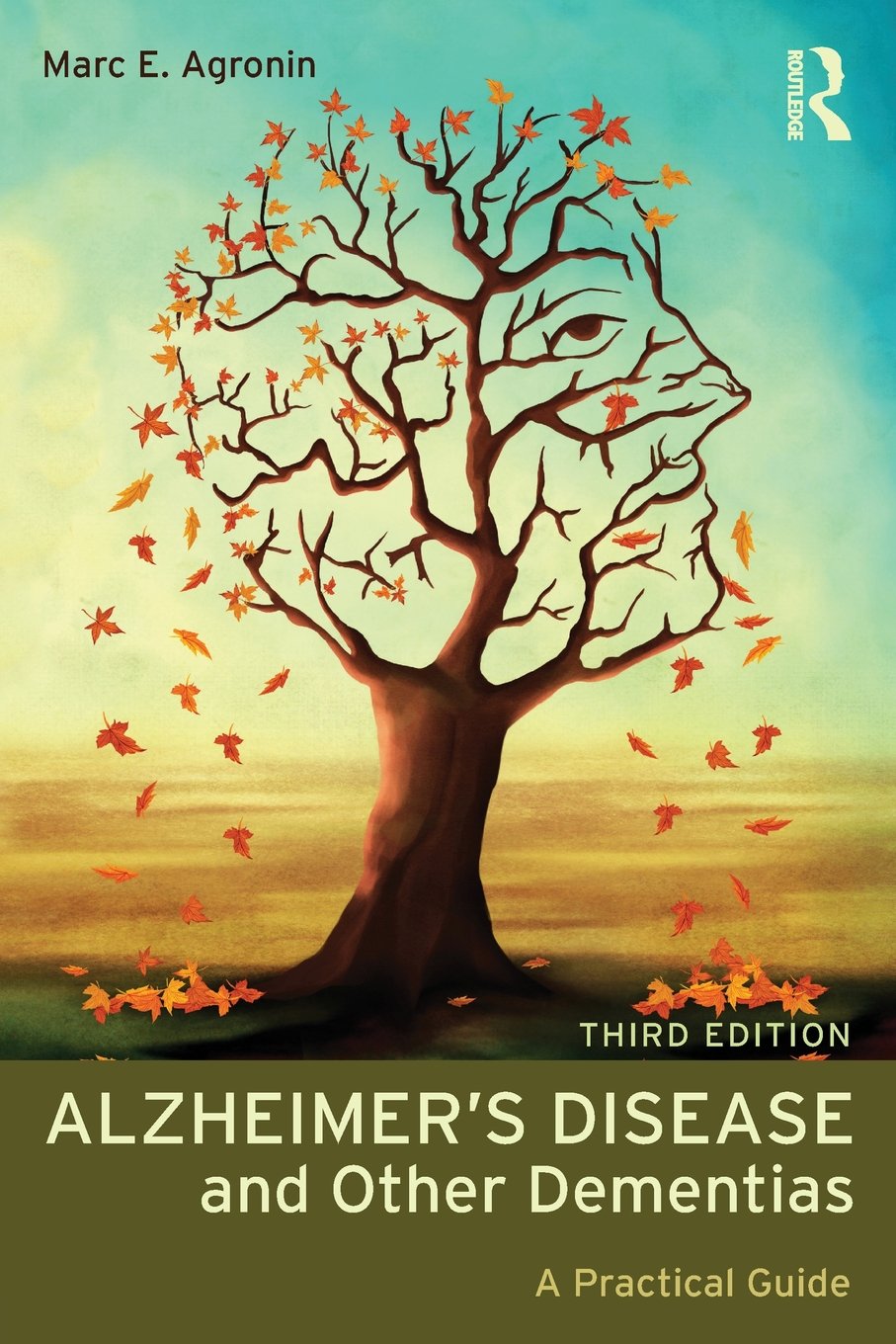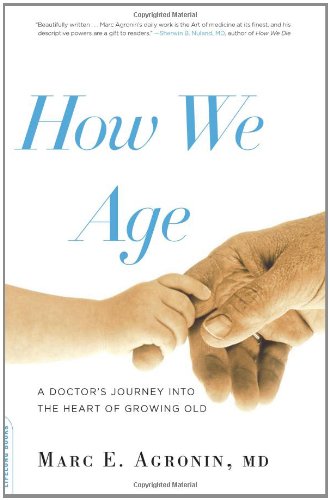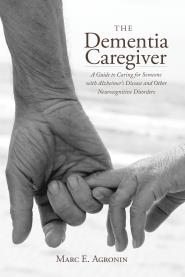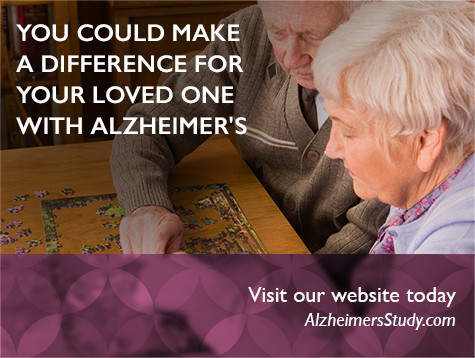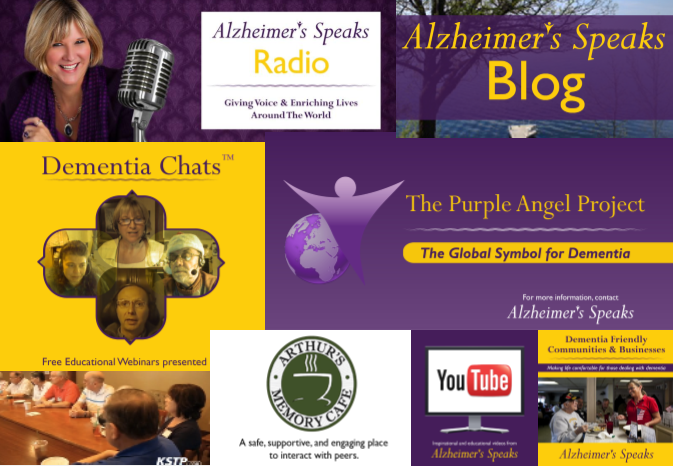Alzheimer’s No Cure, Yet Ways To Help
Alzheimer’s No Cure, Yet Ways To Help
Caregivers for someone with Alzheimer’s disease are all too familiar with the current landscape: there are lots of ways to provide good care, but there is no cure. Current cognitive enhancing medications on the market – used alone or in combination – may stabilize or even modestly improve symptoms for a period of time, but they do not slow the course of the disease.
Given this reality, is there hope for something better?
Fortunately, the rapid pace of research on Alzheimer’s disease has yielded some potentially exciting developments. A new form of brain scan utilizing Positron Emission Tomography or PET scans combined with special intravenous dyes can identify the telltale presence of beta-amyloid protein – believed to be a key cause of Alzheimer’s – in early stages of the disease. This development came through clinical trials and now enables researchers to have a more certain diagnosis when testing potential new treatments. Immunotherapy trials, which aim to boost the immune system to rid the brain of beta-amyloid protein, appear to be able to modestly slow down the course of the disease according to preliminary data. Combined with early diagnosis, such research might be able to make a meaningful difference in the course of this otherwise progressive disease. These and other clinical trials examining potential investigational treatments for Alzheimer’s disease are available in many community hospitals, memory centers, outpatient offices and academic centers. They are all strictly regulated by the Food and Drug Administration in order to provide proper consenting and other safeguards for research subjects. Caregivers can learn more about trials through the TrialMatch website sponsored by the Alzheimer’s Association, the website www.clinicaltrials.gov, www.dontforgetalzheimers.com and other internet resources. There should never be a fee or bill for participating in a trial; on the contrary, most studies pay a small stipend to cover transportation and other costs. The process of informed consent is designed to explain the details of the study including potential risks and benefits and compensation. Subjects do not give up any rights by participating in a study, and can withdraw at any time.
Advice To Caregivers
As the director of both a memory center and a clinical trials program, I would offer the following advice to caregivers. Be certain that you and the subject (to their ability) fully understand the purpose of the study, its length, what’s involved, and the potential risks and benefits before signing the informed consent form. By being part of a trial you should have 24 – 7 access to research staff, especially the principal investigator who is typically a board-certified physician. Take time to review the form, ask questions and involve your primary care physician in the process. Make certain that your children or other close family members know about the study and are in agreement so as to avoid any conflict. Be certain to look into all of the possible studies in your area, since there may be several dozen being offered at any given time. It’s also important to understand that most trials are double-blind, meaning that the subject may get the real treatment or a placebo (or fake treatment) and neither you nor the investigator will know which one. In addition, you will not be able to find out which treatment was given until the very end of the study for all subjects, so as not to contaminate the data. Many studies do, however, have what is known as an “open-label” phase after the initial part of the study in which the subject will get the actual treatment. Be certain to ask if that is a possibility. There is never a guarantee of personal benefit from being part of a study, but ultimately there is no other way to even have the chance of slowing Alzheimer’s disease, both for the subject and for others. Without people participating in studies, there will never be any cure – which would be a tragedy for this late-life scourge which only increases in size and scope as our population ages.
Marc E. Agronin, MD Vice President for Behavioral Health and Clinical Research, Miami Jewish Health Systems, Miami, FL Affiliate Associate Professor of Psychiatry and Neurology, University of Miami Miller School of Medicine
Author of:
“Alzheimer’s Disease and Other Dementias, A Practical Guide, 3rd
Edition,” Click on Book Cover To Purchase
The nationally acclaimed “How We Age: A Doctor’s Journey into the Heart of Growing Old,” Click on Book Cover To Purchase
And the forthcoming “The Dementia Caregiver: Caring for Someone with Alzheimer’s Disease and Other Neurocognitive Disorders.” Click on Book Cover To Purchase



